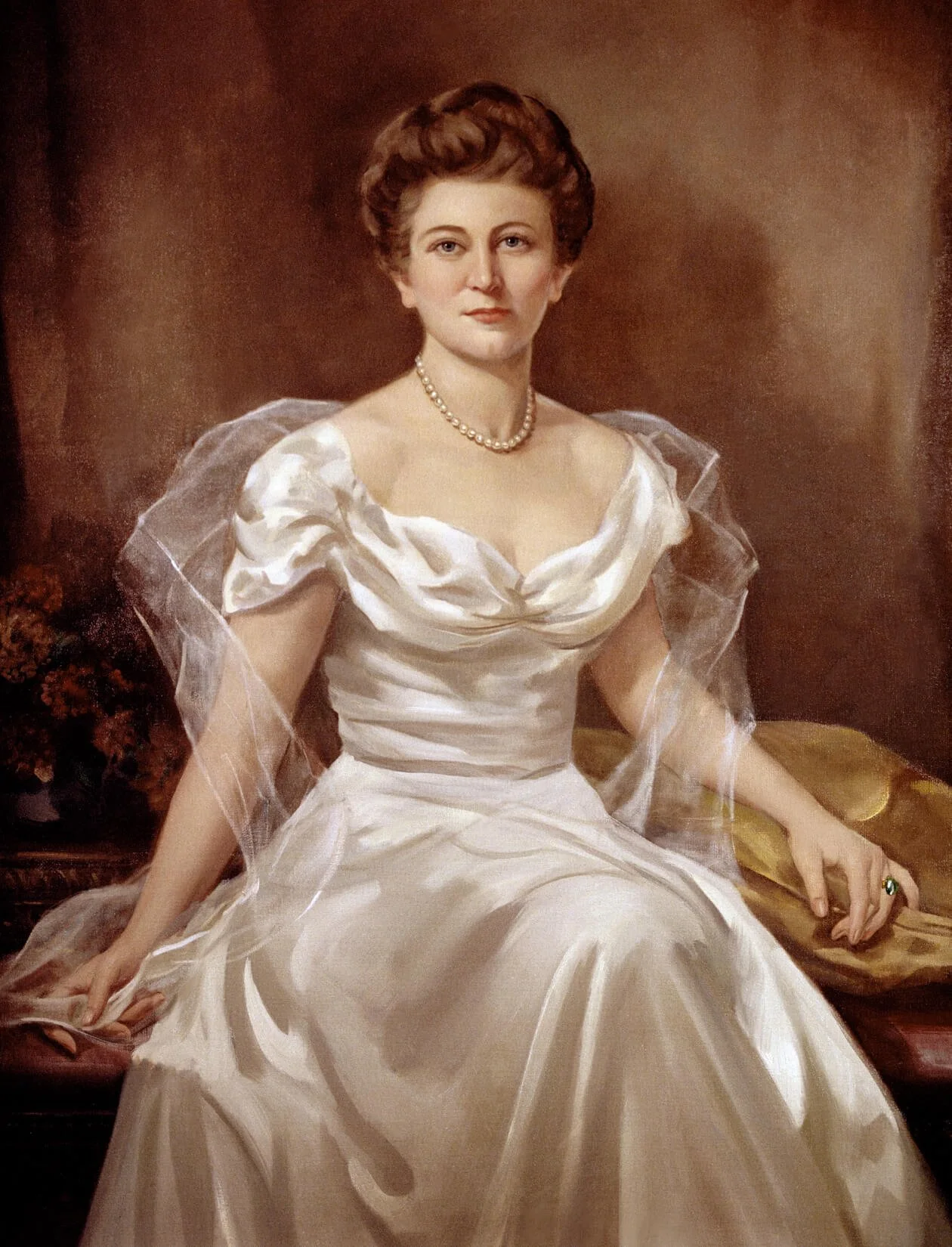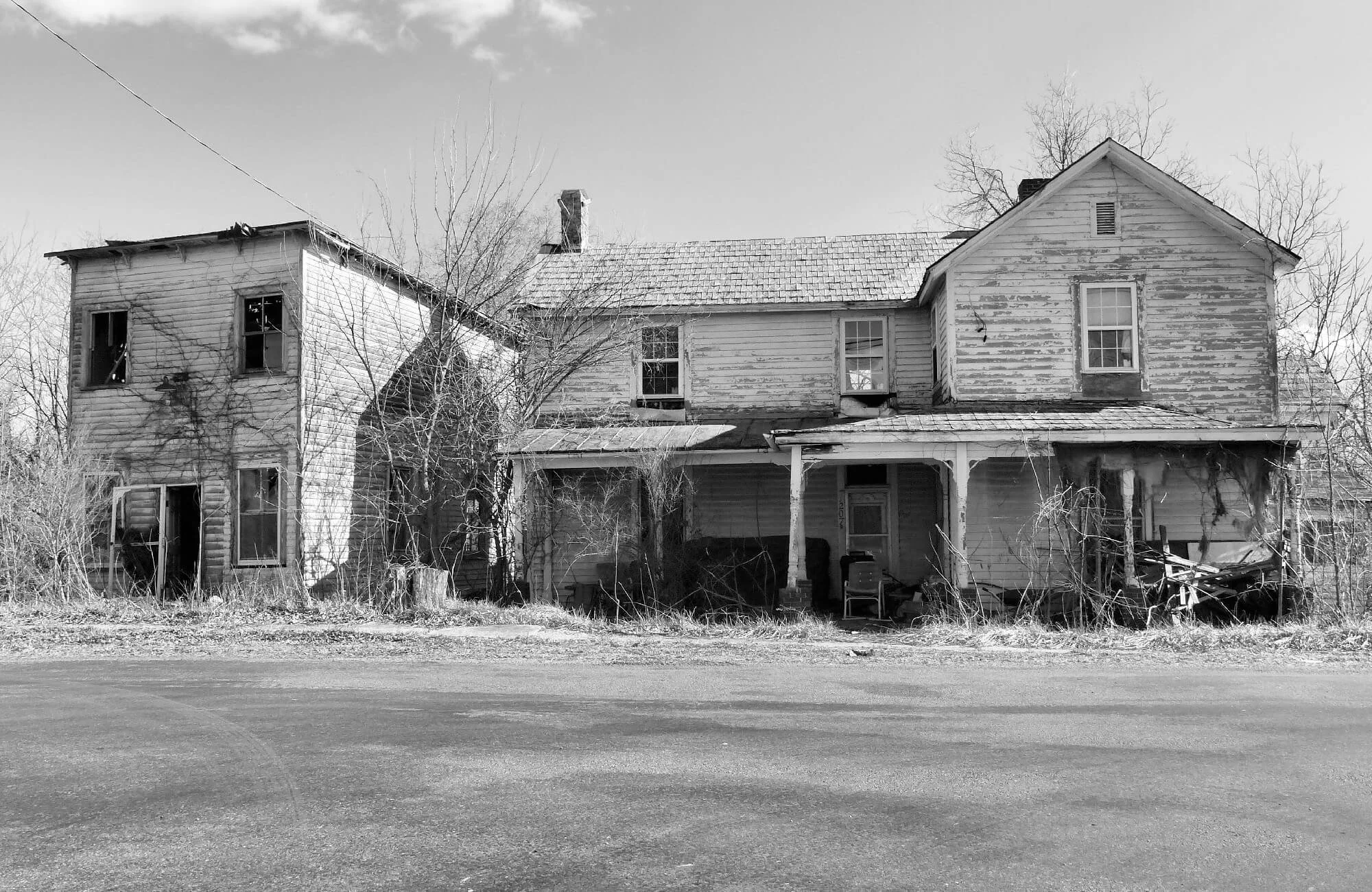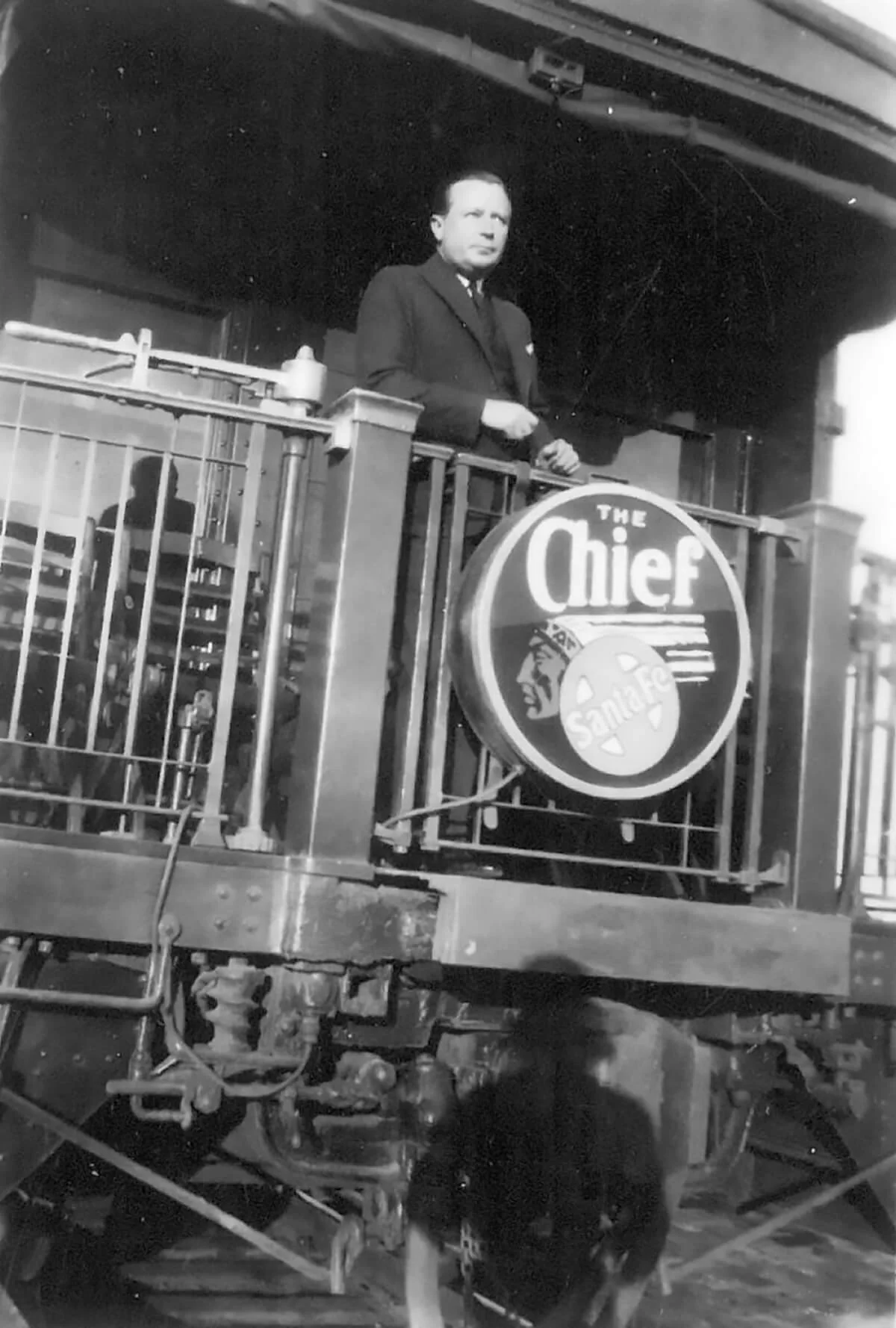
About | Lettie Pate Whitehead
Lettie Pate Whitehead
Lettie Pate Whitehead Evans was an extraordinary businesswoman and philanthropist. She was the wife of Joseph B. Whitehead, one of the original bottlers of Coca-Cola. At his death, she assumed management of his business affairs, establishing the Whitehead Holding Company and the Whitehead Realty Company and steering the Coca-Cola Bottling Company to great success.
Mrs. Whitehead became one of the first woman directors of a major U.S. corporation when she was appointed to the board of The Coca-Cola Company in 1934, a position she held for nearly 20 years.
Mrs. Whitehead felt a keen sense of duty to those in need. Bowed by the grief of losing her first husband and two sons, she devoted herself to faith and philanthropy. Tucked in the pages of her personal scrapbook is a quote she lived by: “I shall pass through this world but once. Any good therefore that I can do or any kindness that I can show to any human being, let me do it now. Let me not defer or neglect it, for I shall not pass this way again.”
Mrs. Whitehead gave generously to many organizations in Georgia and Virginia and was a trustee of Emory University, Agnes Scott College and the Virginia Museum of Fine Arts. Her philanthropy extended abroad – during WWII, she supported the Queen’s Canadian Fund for air raid victims, furnished ambulances for the French, served on the board of the American Hospital in Paris, and donated a fighter plane named “Virginia” to Wings for Britain.
To those who knew her well, Mrs. Whitehead’s greatest legacy was her genuine concern for others. Atlanta lawyer Hughes Spalding wrote, “Great works of Christian charity do not come out of the blue like a stroke of lightning. They require the inspiration of a gentle and guiding hand. They require the tender touch of goodness, implanted in their hearts by a deep sense of obligation to our neighbor and by the love of God. Mrs. Whitehead makes it her business to go about the world doing good.”
Timeline
1872
Kipp Teague1872
Letitia “Lettie” Pate is born on February 21 in Thaxton, Virginia as the youngest child of Elizabeth Stagg and Cornelius Pate, a postmaster, farmer and dry goods merchant. The Pates travel miles each week to attend St. John’s Episcopal Church in Bedford and sacrifice to afford a private education for their daughter.
Cornelius dies when Lettie Pate is 13 years old. She moves with her mother to a cousin’s farm that shelters many women of limited means in the Staggs’ extended family. Living with caring relatives who help to raise her while struggling to support themselves shapes Lettie Pate’s generosity, which is born of gratitude and belief in every person’s ability to rise above adversity.
1890s
1890s
Lettie grows into a resourceful, thoughtful young woman with a mind “open to adventure,” according to author Lucy Negus. She marries Joseph Brown Whitehead, an attorney from Mississippi, in 1894. The couple settles in Chattanooga, Tennessee and welcome sons Joe Jr. in 1895 and Conkey Pate in 1898.
In 1899, Joseph and fellow Chattanooga lawyer Benjamin F. Thomas approach Asa Candler, president of The Coca-Cola Company, with the “preposterous idea” of bottling Coca-Cola, which is only available as a soda fountain drink. They persuade Candler to sell them the exclusive rights to bottle and sell Coca-Cola in most of the United States for $1.
1900
1900-1903
The two lawyers split the bottling enterprise. Benjamin serves the Mid-Atlantic and the East while Joseph serves the Southeast, Southwest and Midwest. Short on cash to open a plant, he enlists the help of Chattanooga businessman John T. Lupton, who advances him $2,500 to become half owner of Joseph’s half interest in the Coca-Cola contract.
Joseph and Lettie move their family to Atlanta to open the Coca-Cola Bottling Company in 1900. It expands so quickly that it outgrows its Edgewood Avenue location within a year. To meet demand, Joseph sells franchises to other bottlers, beginning with 16 plants in Atlanta that are soon followed by national bottling and distribution facilities. The business’ success allows the Whiteheads to move out of a boardinghouse into a permanent home at 583 Peachtree Street in 1903. Joseph and Lettie become community leaders who contribute to many charitable causes.
1906
1906
Joseph travels extensively across the South and Midwest to sell franchises and promote the bottling business. After one such trip, the Whiteheads decide to visit Lettie’s childhood home in Virginia to help Joseph rest and recover from exhaustion and a nagging cold. The illness develops into pneumonia and Joseph dies at the age of 42, leaving Lettie a widow at age 34 with two children ages 11 and 8.
1910s
1910s-1920s
Lettie takes over Joseph’s share of the Coca-Cola bottling business, determined to keep growing the venture to honor her husband and support her sons. She establishes the Whitehead Holding Company and the Whitehead Realty Company to manage the family’s assets. In 1913, she marries Colonel Arthur Kelly Evans, a civil engineer and retired Canadian army officer. They make their home at Malvern Hall in Hot Springs, Virginia, where Lettie is active in civic and cultural affairs.
Lettie divides her time between Virginia and Atlanta, where she steers the Coca-Cola Bottling Company to great success with support from trusted advisors. By 1919, there are 1,000 bottling plants in operation. By 1928, bottle sales exceed soda fountain sales.
1934
1930-1934
Lettie becomes close friends with The Coca-Cola Company’s new president, Robert W. Woodruff, who advises her on both business and philanthropy. She celebrates holidays and special occasions with Robert and his wife Nell, often hosting them at Malvern Hall.
In 1934, Lettie joins the board of The Coca-Cola Company as its first woman director. The Whitehead family sells the Coca-Cola Bottling Company to The Coca-Cola Company for shares of Coke stock. The sale assures Lettie’s financial position and allows her to devote her time to philanthropy. She models a generosity that is followed by local Coca-Cola bottlers who adopt the motto “your friendly neighbor” as a sign of commitment to their home communities.
1935
1935
Joe Jr. dies at the age of 40. He grew up in Atlanta, attended Yale University, served in the Naval Intelligence Service during WWI, and helped manage the family’s Coca-Cola bottling and real estate businesses. His will establishes the Joseph B. Whitehead Foundation in 1937 as a memorial to his father.
1940
1940
Conkey dies at the age of 42. He grew up in Atlanta, attended Yale University, enlisted in the U.S. Navy during WWI, served as president of the Whitehead Realty Company, and chaired the board of the Joseph B. Whitehead Foundation. His will creates the Lettie Pate Whitehead Foundation in honor of his mother.
One year after his death, Lettie funds construction of the Conkey Pate Whitehead Surgical Pavilion at Emory University Hospital. She oversees the design of the pavilion’s Whitehead Memorial Room, which features hand-carved woodwork to memorialize her family.
1945
1945
Lettie establishes the Lettie Pate Evans Foundation and makes periodic gifts to it until her death. She also supports schools and hospitals as a member of the Georgia Federation of Women’s Clubs; contributes generously to the Atlanta Community Chest; preserves the historic Yorktown Custom House; makes major gifts to St. John’s Episcopal Church and Westminster Canterbury Richmond; and serves as trustee of Emory University, Agnes Scott College and the Virginia Museum of Fine Arts. During her life, she gives more than $150 million to 130 organizations.
1953
1953
Lettie is preceded in death by Colonel Evans in 1948 and passes away in her 81st year. She is laid to rest with Joseph, Joe Jr. and Conkey at Hollywood Cemetery in Richmond. Lettie names Robert Woodruff the executor of her will and bequeaths him Malvern Hall “as a mark of appreciation for his friendship and for his many favors and kindnesses to me over the years.” She leaves the rest of her estate to the Lettie Pate Evans Foundation and establishes a restricted fund that provides annual support to 14 designated nonprofit organizations. Over time, distributions by the restricted fund make her the top private donor to Bath Community Hospital, Berry College, the Georgia Institute of Technology, Tallulah Falls School, the Virginia Museum of Fine Arts, the Virginia Theological Seminary, Washington and Lee University and William & Mary.
The Coca-Cola Company honors her thus: “Mrs. Evans was a great and gracious lady … to know her was to love her. She gave away millions to foster religion and education. Truly Mrs. Evans, by her life and example, made this world a better place within which to live.”










